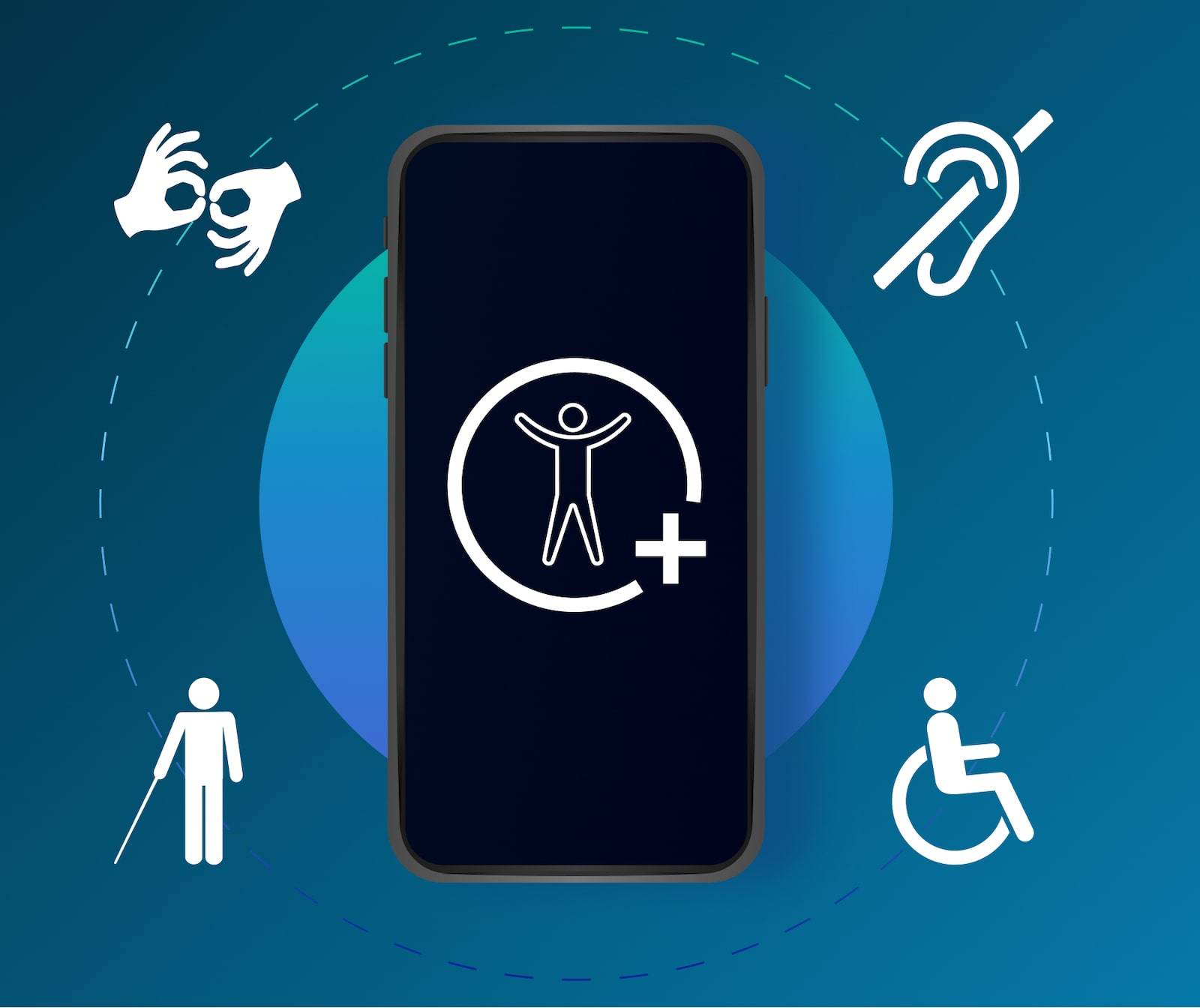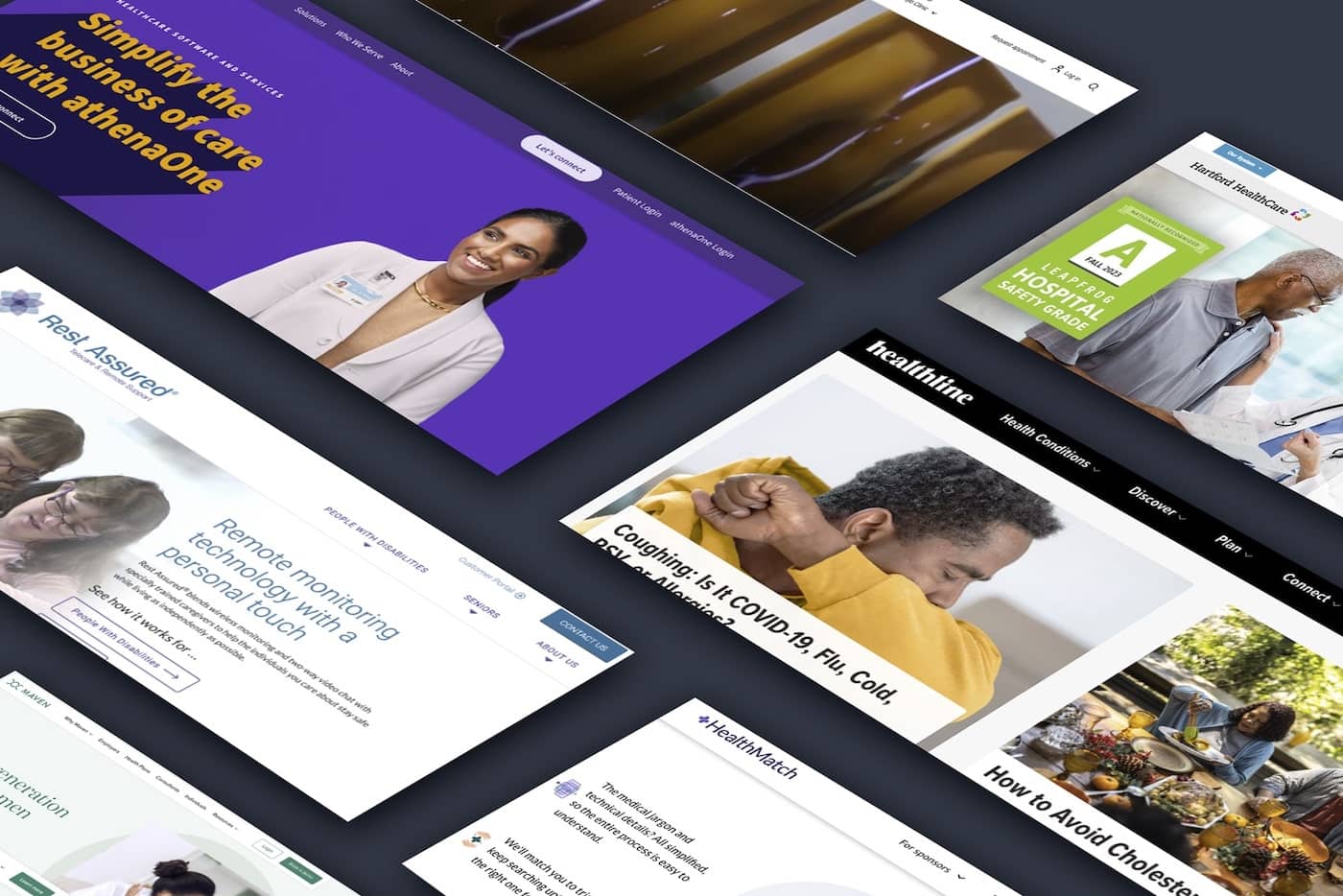

DOJ Issues New ADA Web Compliance Guidance
On March 18, 2022, the U.S. Department of Justice (DOJ) issued new guidance on website accessibility under Titles II and Title III of the Americans with Disabilities Act (ADA).
The guidance addresses how state and local governments (Title II) and “public accommodations” or businesses open to the public (Title III) can ensure their websites are accessible to persons with disabilities.
The DOJ emphasizes that web accessibility remains an enforcement priority.
What Does the New Guidance Mean?
Summarizing the new guidance, Kristen Clarke for the Justice Department’s Civil Rights Division said, “We have heard the calls from the public on the need for more guidance on web accessibility, particularly as our economy and society become increasingly digitized.”
This guidance will assist the public in understanding how to ensure that websites are accessible to people with disabilities. It reviews the department’s ongoing work to advance website accessibility for people with disabilities through statements of interest and enforcement matters.
“People with disabilities deserve to have an equal opportunity to access the services, goods, and programs provided by government and businesses, including when offered or communicated through websites," Clarke said.
Is ADA Compliance Required for All Websites?
Technically, the Americans with Disabilities Act (ADA) Title III, which concerns public businesses, does not specifically address websites for those entities.
However, local and state government websites must be accessible according to Title II of the ADA and Section 508 of the Rehabilitation Act.
What happens if your website is not ADA compliant?
There are both tangible and intangible costs to having an inaccessible website.
Your business could face a lawsuit if a person with a disability claims they cannot use your website due to a lack of accessibility. From there, regardless of whether your website is indeed out of ADA compliance, you will likely incur legal fees and face a possible settlement.
The first violation of ADA may result in a $55,000 to $75,000 penalty. Subsequent violations can result in a $150,000 fine.
Maybe worse, your brand reputation may suffer from fallout from negative publicity. That is on top of the cost of rebuilding your website to meet ADA compliance.
Businesses have struggled with this over the past several years and are confused, as there is no clear guidance and conflicting federal court rulings.
DOJ Guidelines on Website Accessibility in 2022

The new website requirements target business owners and government employees who are unfamiliar with the DOJ’s position on accessibility.
The DOJ “offers plain language and user-friendly explanations to ensure that it can be followed by people without a legal or technical background,” Clark said.
Beyond the importance of website accessibility, the guidance offers examples of common website barriers.
The DOJ acknowledges the agency does not have a regulation setting out detailed accessibility standards, but insists that longstanding interpretation of general nondiscrimination and effective communication provisions applies.
The agency also states that organizations have the flexibility to achieve required compliance. Options include applying Web Content Accessibility Guidelines (WCAG) and the Section 508 Standards, which the federal government uses for its websites.
Interestingly, while Section 508 requires conformance to WCAG 2.0 Level AA, the DOJ has been insisting on the more demanding WCAG 2.1 Level AA in its recent settlements with places of public accommodation under Title III.
Finally, the guidance on ADA web compliance reminds us that website accessibility is a priority and lists some settlements reached with governments and businesses.
Why Web Accessibility Matters for Businesses

More than a burden, web accessibility affects your business in several ways:
- It enlarges your potential customer base
- It maintains ADA compliance
- It avoids possible ADA lawsuits
- It promotes your brand position of inclusion
While attracting less attention, an accessible website offers a better user experience (UX) without sacrificing design, tends to increase traffic to your website, and supports SEO for better search rankings. Online content that meets accessibility requirements is more user-friendly and achieves better user engagement.
For B2B companies, this results in increased lead generation, and for B2C websites it often leads to more sales.
Example Government Services or Businesses
| Title II
State and Local Governments |
Title III
Businesses Open to the Public |
|
|
Examples of Accessibility Law Cases - Title II
| Case Settlement Details | Description of Agreement | Nature of Compliance |
| City and County of Denver, Colorado | As part of the DOJ’s Project Civic Access Enforcement, the Department has reached numerous agreements with cities and counties across the country that include web accessibility | Civic Access Enforcement |
| Miami University in Ohio | DOJ reached an agreement with Miami University in Ohio to resolve the United States’ lawsuit alleging that the university discriminated against students with disabilities by providing inaccessible web content and learning management systems | Discriminated against students with disabilities by providing inaccessible web content |
| Louisiana Tech University | DOJ reached an agreement with Louisiana Tech University to address claims that the university violated the ADA by using an online learning product that was inaccessible to a blind student | Using an online learning product that was inaccessible to a blind students |
| Nueces County, Texas | The DOJ reached an agreement with Nueces County, Texas, to address claims that the County used an online conference registration form that was not accessible to people with disabilities who use software that reads text out loud. | Conference registration form that was not accessible |
Examples of Accessibility Law Cases - Title III
| Nature of Compliance | Description of Agreement | Case Settlement Details |
Individuals with disabilities could not use assistive technology such as
|
The DOJ reached an agreement with H&R Block to address claims that the company failed to code its website so that individuals with disabilities could use assistive technology such as screen reader software, refreshable Braille displays, keyboard navigation, and captioning. | HRB Digital and HRB Tax Group (H&R Block) |
| Accessibility barriers to COVID-19 vaccine registration portal. | DOJ reached an agreement with Rite Aid Corporation to address accessibility barriers in Rite Aid’s COVID-19 vaccine registration portal. | Rite Aid Corporation |
| Online grocery delivery services not accessible to individuals with disabilities | DOJ reached an agreement with Peapod to address claims that its online grocery delivery services were not accessible to some individuals with disabilities | Peapod |
|
The DOJ reached an agreement with Teachers Test Prep, Inc., regarding complaints that the test prep company’s online video courses did not provide captions and were inaccessible to people who are deaf. | Teachers Test Prep, Inc |
Partner with Web Accessibility Experts
Whether Title II or Title III, your website is your most important identity. The risk of being sued is real, as the number of lawsuits filed alleging inaccessible websites grows daily.
Take advantage of the benefits delivered by a genuinely accessible website. Partner with DBS to make your website fully ADA compliant.


